History and Philosophy
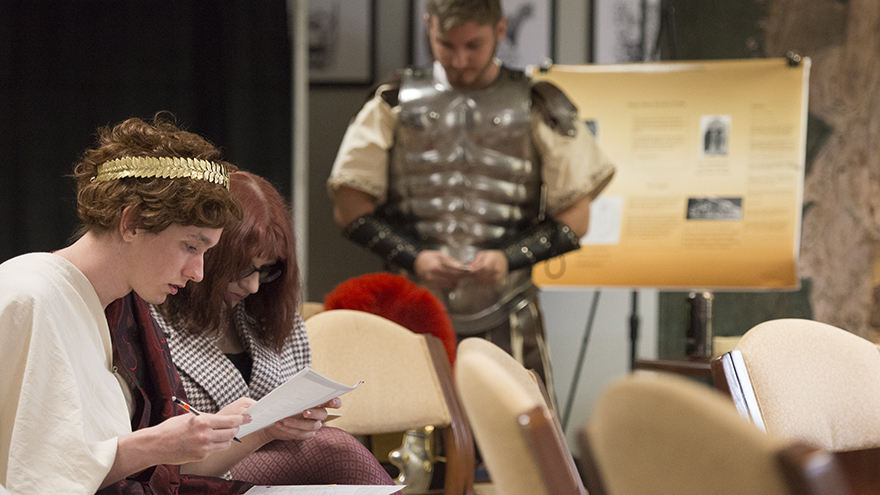
The Department of History and Philosophy provides students the foundation for better understanding the world in which we live. In both areas, students develop critical thinking and analysis skills, collaborate with faculty, and produce scholarship that contributes to their field of study.
Department of History and Philosophy
The UWF Department of History and Philosophy offers both major and minor programs in History and Philosophy, and a graduate degree in History. The graduate degree includes three interdisciplinary tracks: traditional history, coastal and maritime history, and public history, as well as a graduate certificate in Historic Preservation. These programs challenge students to contemplate the world around them and to think critically about the questions central to the human experience. This includes the exploration of our own and others’ cultural identity; the origins of modern institutions, traditions, and thought; and the worldview of past and present cultures across the globe.
Students of history and philosophy gain a wider understanding of humankind that helps them make decisions about their present and future by considering the different perspectives of past actors. More technically, students in history and philosophy gain the tools necessary to communicate effectively, whether oral or written, as well as training in thinking critically, researching, and challenging accepted ideas with evidence.
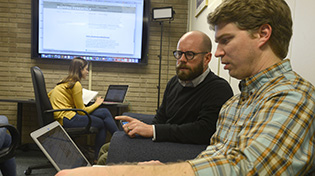
Digital History Lab
The UWF DH Lab is an individual and small group workspace equipped with the digital tools and technologies for scholars working in the digital age.
Lab Hours
- The Lab is temporarily closed due to renovations in Building 50. We hope to open the lab again soon.
Visit uwf.edu/DHLab for more information on lab resources and procedures./p>
History and Philosophy News
-
Wed, 15 Mar 2023 13:30:00 +0000Wed, 15 Mar 2023 13:30:00 +0000UWF sophomore reappears on ‘Jeopardy!’ for second time
-
Wed, 24 Mar 2021 13:46:19 +0000Wed, 24 Mar 2021 13:46:19 +0000Two loves collide, leading history professor to UWF
-
Fri, 18 Dec 2020 14:30:42 +0000Fri, 18 Dec 2020 14:30:42 +0000UWF faculty member wins award for book that examines transformation of American beach
History
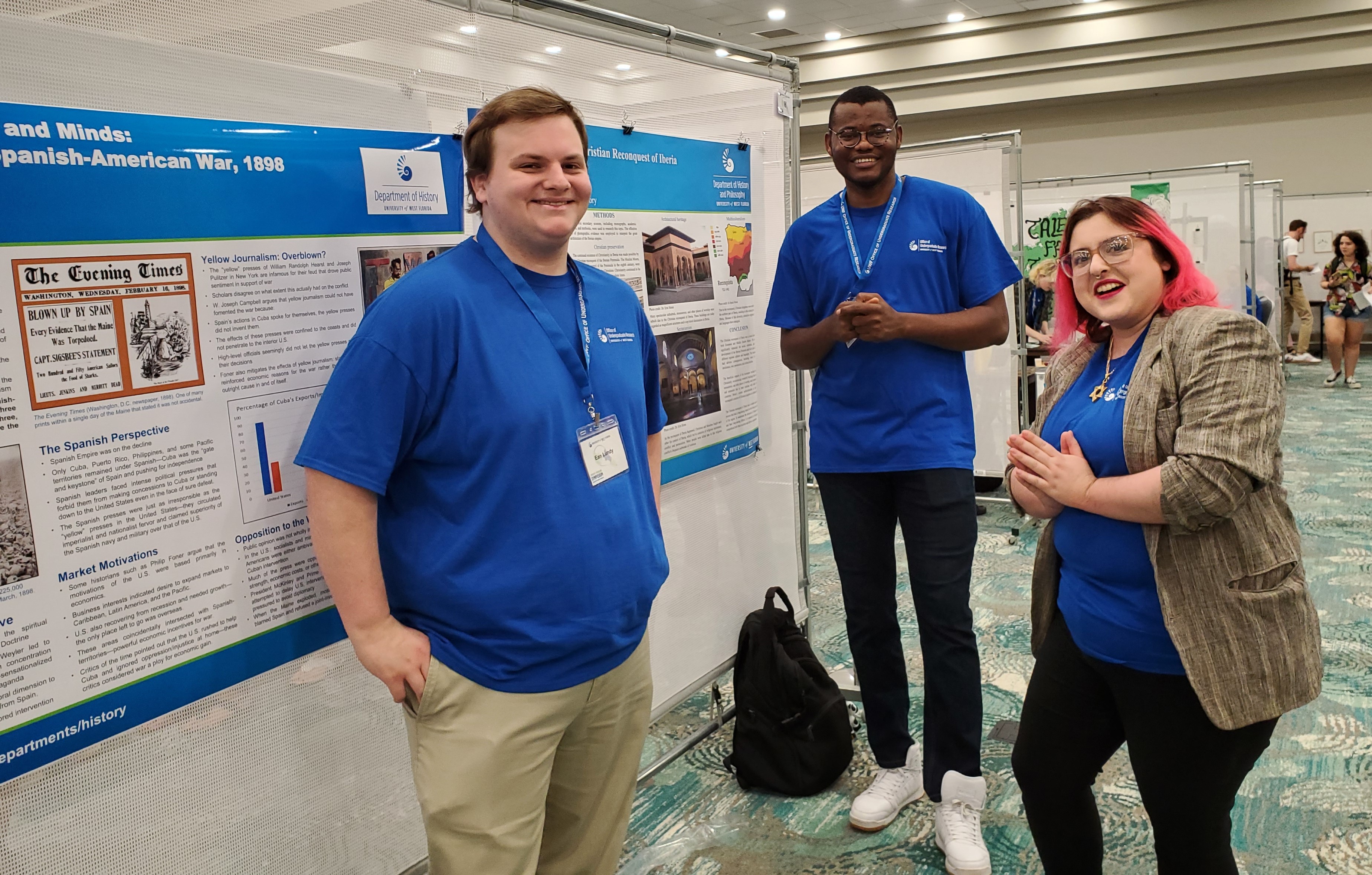
Students may pursue a minor, major or graduate degree in history studies. Learn more about history studies.
Philosophy
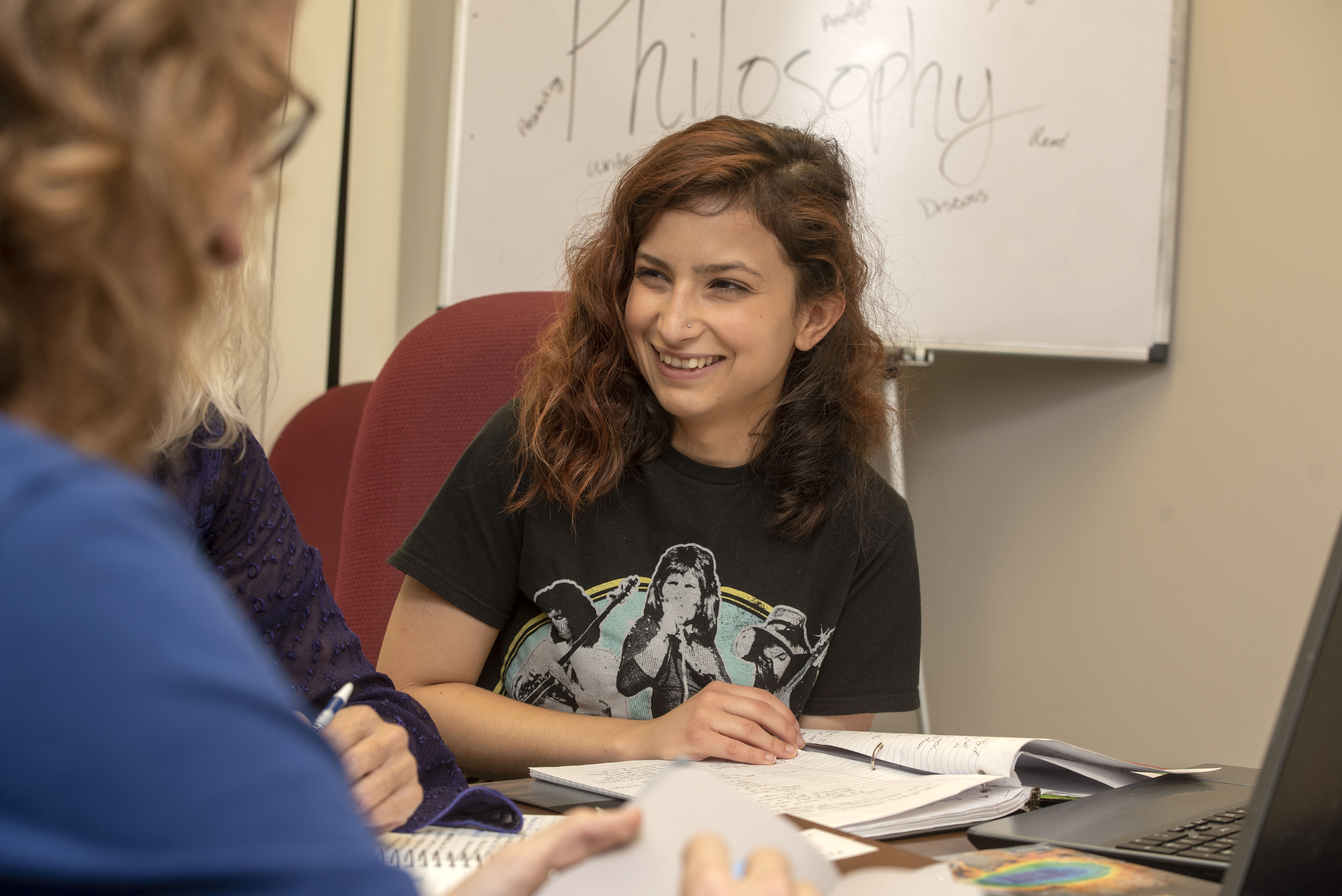
Students may pursue a minor or major in Philosophy. Learn more about studies in Philosophy.
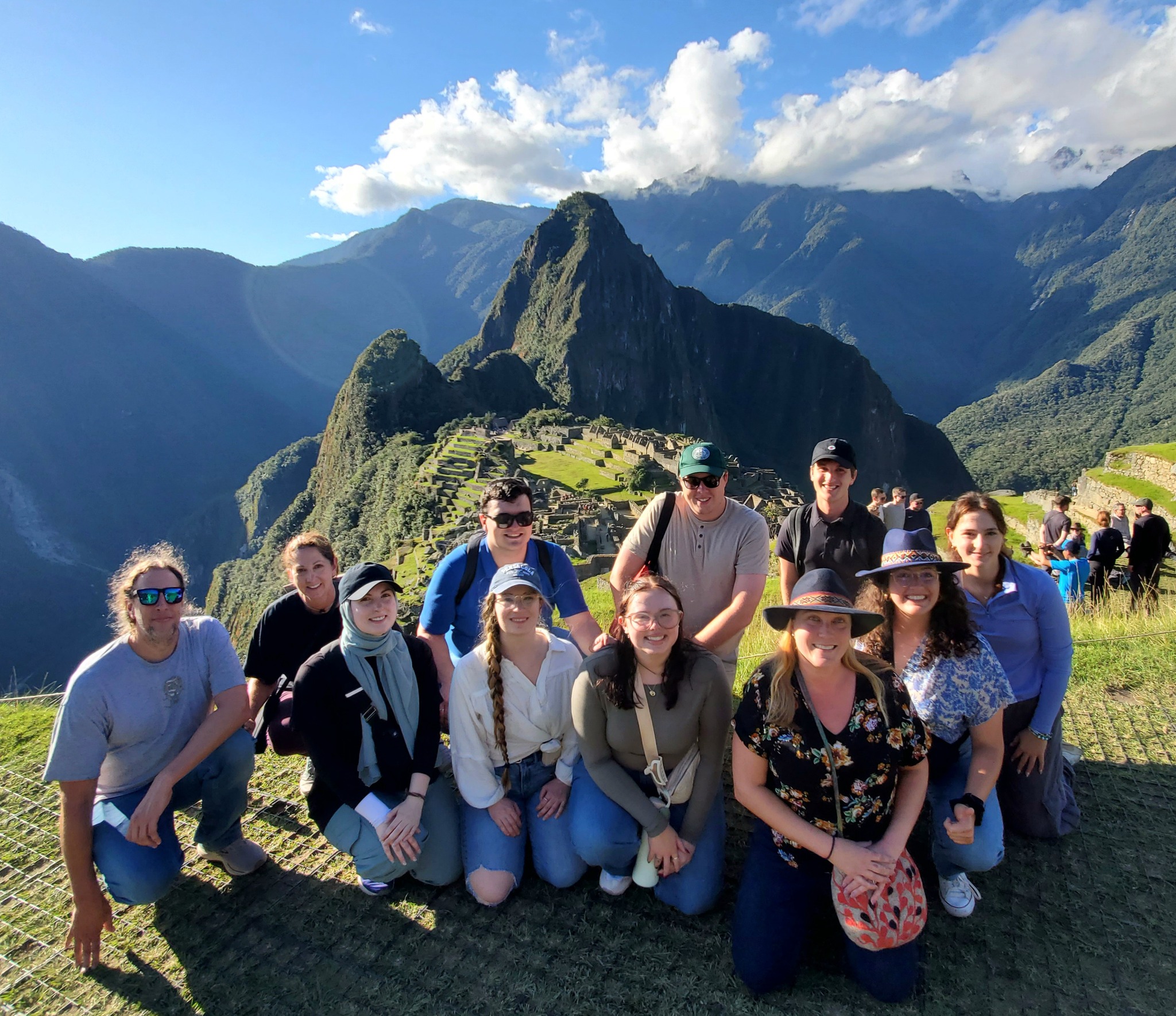
¡Tupananchikkama Machu Picchu! - Study Abroad Students hike one of the New Seven Wonders of the World and more in summer of 2024.
Machu Picchu was a highlight for the students and alumni who had the opportunity to study abroad in Peru in May 2024. From modern Lima to the thousand year old salt mines of Maras, UWF History students and faculty followed the paths of the Wari, Chimu, Incas, and finally Spanish conquistadors through the majestic Andes.
Along the way students learned about Inca traditions and artwork, the fall of the Incan Empire and the Spanish Spiritual conquest. They visited monasteries in Lima, hiked the steep staircases of Incan storehouses and temples in the Sacred Valley, and toured the Koricancha in the Inca capital city of Cuzco. At the end of the trip, MA student Lane Brooks recounted, "We may have experienced history, but in the process, we've also made our own."


